Present or past?
By Jono Ryan
In this week's post, I present a more complete response to a question a viewer recently posed on one of our online FutureLearn courses. Sometimes the 1200-character limit just isn't enough.
Incidentally, if your learners haven't tried our courses on FutureLearn, which they can do so for free, they can be found here: https://www.futurelearn.com/partners/chasing-time-english
Anyway, to paraphrase a little, the question asked which of the following was correct and why:
Would you mind if I turn on the TV?
Would you mind if I turned on the TV?
It’s an excellent question. Both options are of course possible.
As you may have noticed, in cases like this grammatical tense is not being used to indicate anything about present and past time (the proposed action would happen in the future). Rather, it is being used to moderate the level of politeness. But how does it do so?
The authoritative, 1860-page Cambridge Grammar of the English Language (Huddleston & Pullum, 2002) is always helpful in settling such matters. It distinguishes between temporal meaning, which is our familiar opposition between present and past time, and modal remoteness which relates to oppositions between being factual or hypothetical or likely and unlikely. To use the present is to frame something as factual/likely and to use the past is to frame it as hypothetical.
One way to think about modal remoteness is presented in Rob Batstone’s book Grammar (1994, Oxford University Press), where he identifies present tense as indicating proximity and past tense as indicating distance. He discusses how these can be seen in terms of social distance, psychological distance, and hypothetical difference. Most relevant to the case above are the concepts of social and hypothetical distance.
In terms of social distance, when two people are in a close social relationship with little or no difference in power (e.g. siblings; friends), they are much more likely to use the present tense (Would you mind if I turn on the TV?) than, for instance, a worker asking his boss or strangers watching a TV in a semi-public space such as a doctor's waiting room (Would it be okay if I changed the channel?). Among strangers, use of the past feels less presumptuous and is therefore less likely to trigger annoyance. This can explain why using the past modals (could, would, should, might) is often considered more polite than the present modals (can, will, shall and may).
Another (perhaps better) way to look at this case is in terms of hypothetical distance. Here, the choice is between presenting the idea of turning on the TV as either ‘what I’m going to do if I have your blessing’ (turn on the TV) and ‘a possibility that I’m putting out there for consideration’ (turned on the TV). Basically, if you assume that turning on the TV is not going to be a problem, then you would probably use the present tense. In such cases, you are treating it like a very likely or ‘close’ possibility. Conversely, the past tense gives a sense that this idea is very much still up in the air. You are not just assuming that it is okay. You are framing it as a possibility rather than a probability.
Ultimately, the distinctions between social, psychological and hypothetical distance can become rather difficult to work with, as it is often unclear which subcategory explains a particular case. In teaching, I don’t discuss psychological distance at all, having never found it suitably enlightening for students, but I do find a lot of value in introducing students to a notion of modal remoteness based on factuality and likelihood. I find even more value in introducing students to the concept of social distance and exploring the way this plays out in the politeness systems of English-speaking countries. That, however, is a topic for another day.
